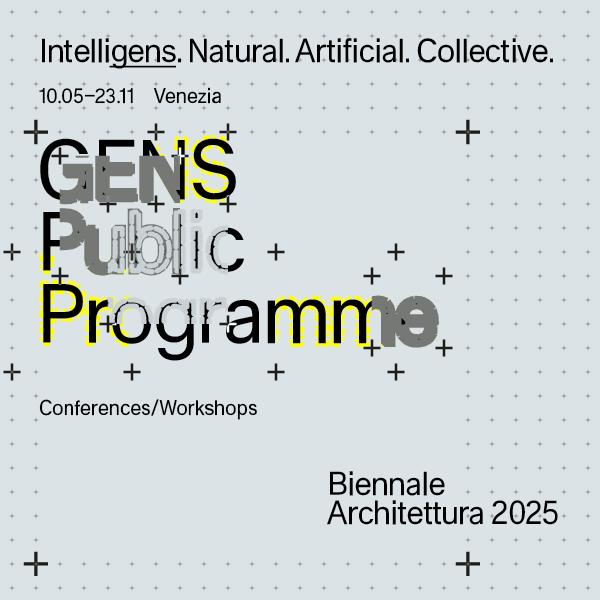Session 1: 2 pm - 3:30 pm
The nexus between AI and energy
Artificial Intelligence encompasses a wide range of applications and is stimulating multiple technological developments as a knock-on effect of innovation and experimentation. Creative expression can be seen as the combination of the human brain (imagination, planning, historical memory, technical skills) and a medium (or more than one); thus, if AI is used as a medium or a very versatile tool, creativity can benefit from the new combination. In an elementary sense, the link between AI and energy is worrisome, given the energy-hungry nature of the AI sector – at least in its current form. Data collection and analysis require vast amounts of electricity, to the point that power supply has become a major concern for the leading AI companies. On the positive side, this creates a common interest in ensuring not just access to energy but also cost-effective and reliable access. Given that sustainability is partly an evolving concept – due to both technological innovation and changing regulatory frameworks – a fruitful dialogue can take place between the energy sector and the main AI actors, as well as legislators and civil society at large.
Speakers:
Angelo Maria Petroni (Secretary General, Aspen Institute Italia; Professor of Logic and Philosophy of Science, Sapienza Università di Roma), Oksana Antonenko (Professor at the Schuman Centre for Advanced Studies at the European University Institute in Florence and a geopolitical risk adviser), Monica Beltrametti (Member of the Board, Attract - European Commission), Barbara Caputo (Professor of Artificial Intelligence, Politecnico di Torino), Divyansh Kaushik (Vice President, Beacon Global Strategies), Edward Luttwak (Strategic Advisor to the US Department of Defense), Lapo Pistelli (Public Affairs Director, Eni), Carlo Reita (CEO, Fondazione Chips-IT), Martin Sandbu (Economics Leader Writer, Financial Times).
Moderators:
Luca De Biase (Editor Nova24, Il Sole 24 Ore), Marta Dassù (Senior Advisor European Affairs, Aspen Institute Italia).
Session 2: 4 pm - 5:30 pm
Making AI Human
In parallel, we can think of AI as a powerful enabler of human faculties. After all, culture itself – from spoken language to writing, and from the most advanced scientific knowledge to the arts – is an open ended set of tools that only work in connection with the human brain. Therefore, rather than a scenario of humans versus machines it is probably more productive to envisage forms of co-evolution of humans and machines. Since one of the distinctive features of AI is data-driven learning and the gradual accumulation of skills, interactions tend to become more sophisticated over time rather than being fixed. In this context, a fundamental role for the human side is to constantly frame the role of AI in the most useful manner, turning it into a multiplier – a close ally rather than a parallel form of intelligence. The most uniquely human capability is probably that of asking questions, selecting problems, identifying bottlenecks in scientific advancement that may benefit from the analytical power of AI. Ultimately, the much dreaded “singularity” is really confined to tasks that require vast computational skills; a radical turning point would only be reached if and when an AI should start posing interesting and fundamental questions – to humans or to itself.
Speakers:
Eugenia Alleva (Postdoctoral Research Fellow, Hasso Plattner Institute for Digital Health at Mount Sinai), Nick Bostrom (Philosopher, Founder and Principal Researcher, Macrostrategy Research Initiative), Alex Braga (Musician), Marcello Pelillo (Professor of Computer Science, Università di Venezia Ca’ Foscari), Alberto Sangiovanni Vincentelli (The Edgar L. and Harold H. Buttner Chair of Electrical Engineering and Computer Sciences, University of California at Berkeley; President, Fondazione Chips-IT), Vivian Schiller (VP and Executive Director of Aspen Digital, The Aspen Institute), Uljan Sharka (CEO, Domyn).
Moderators:
Luca De Biase (Editor-in-chief Nova24, Il Sole 24 Ore), Marta Dassù (Senior Advisor European Affairs, Aspen Institute Italia Panel)


